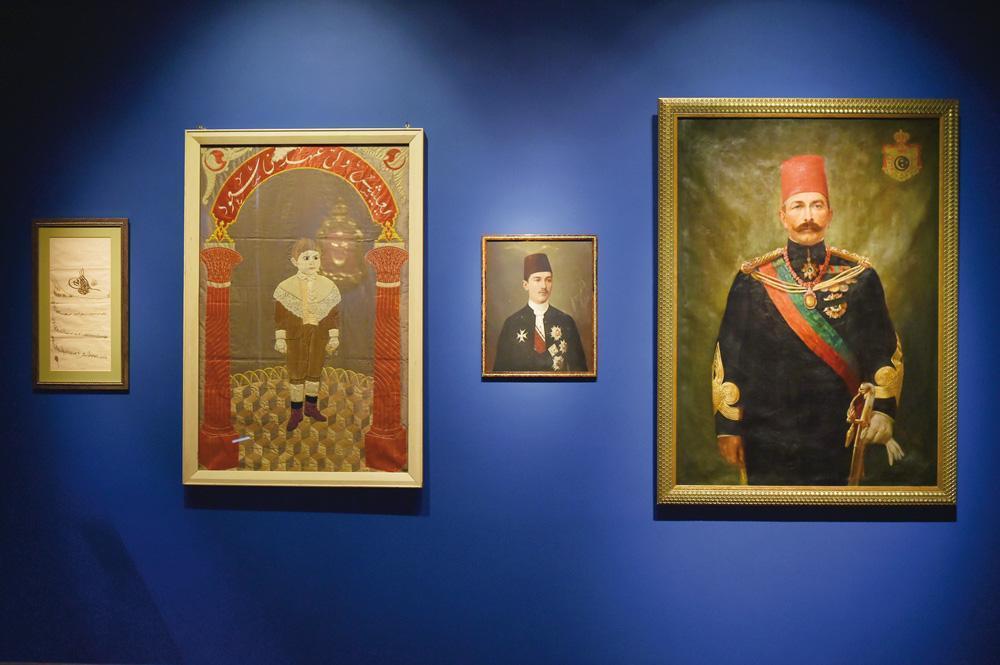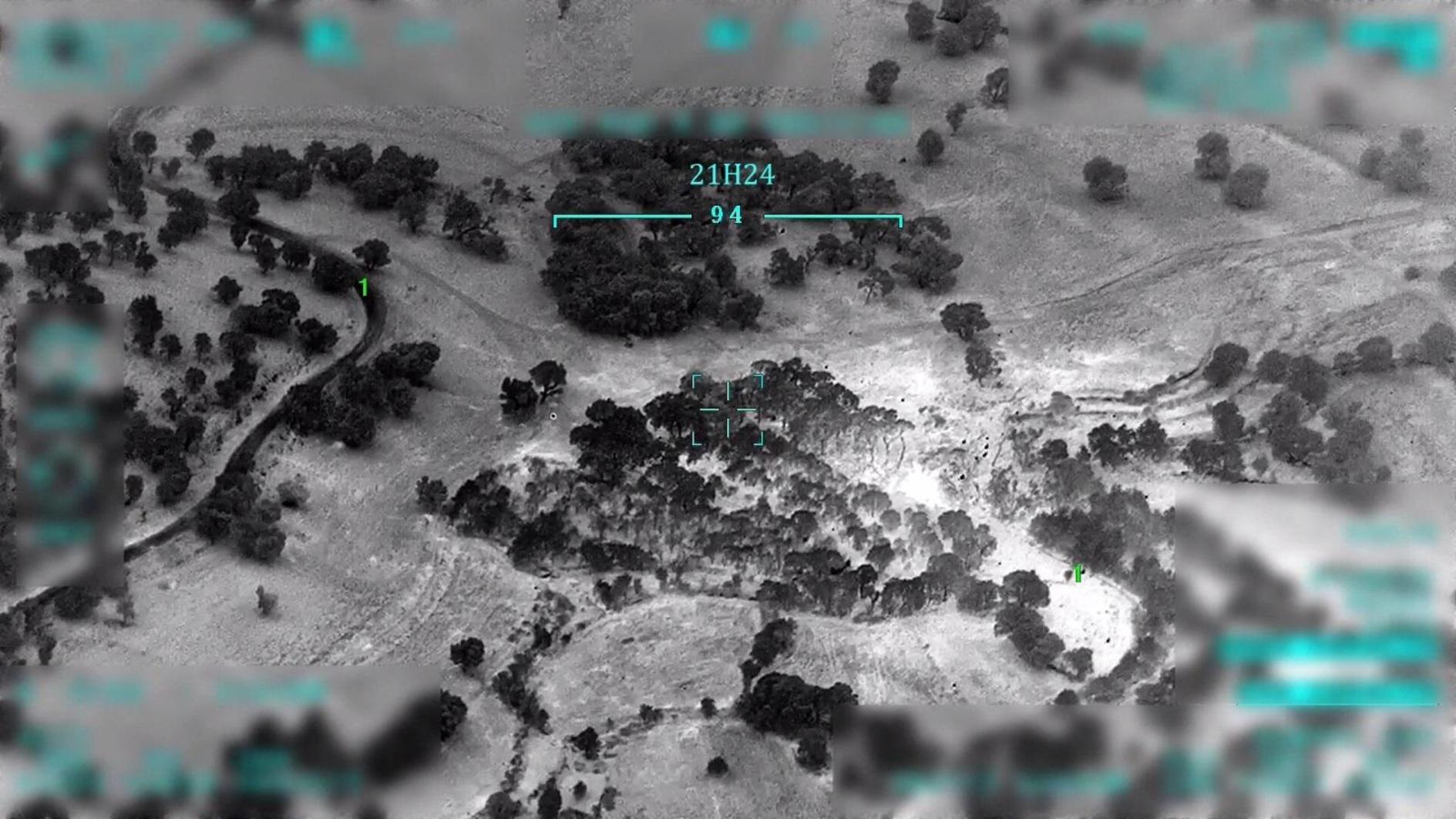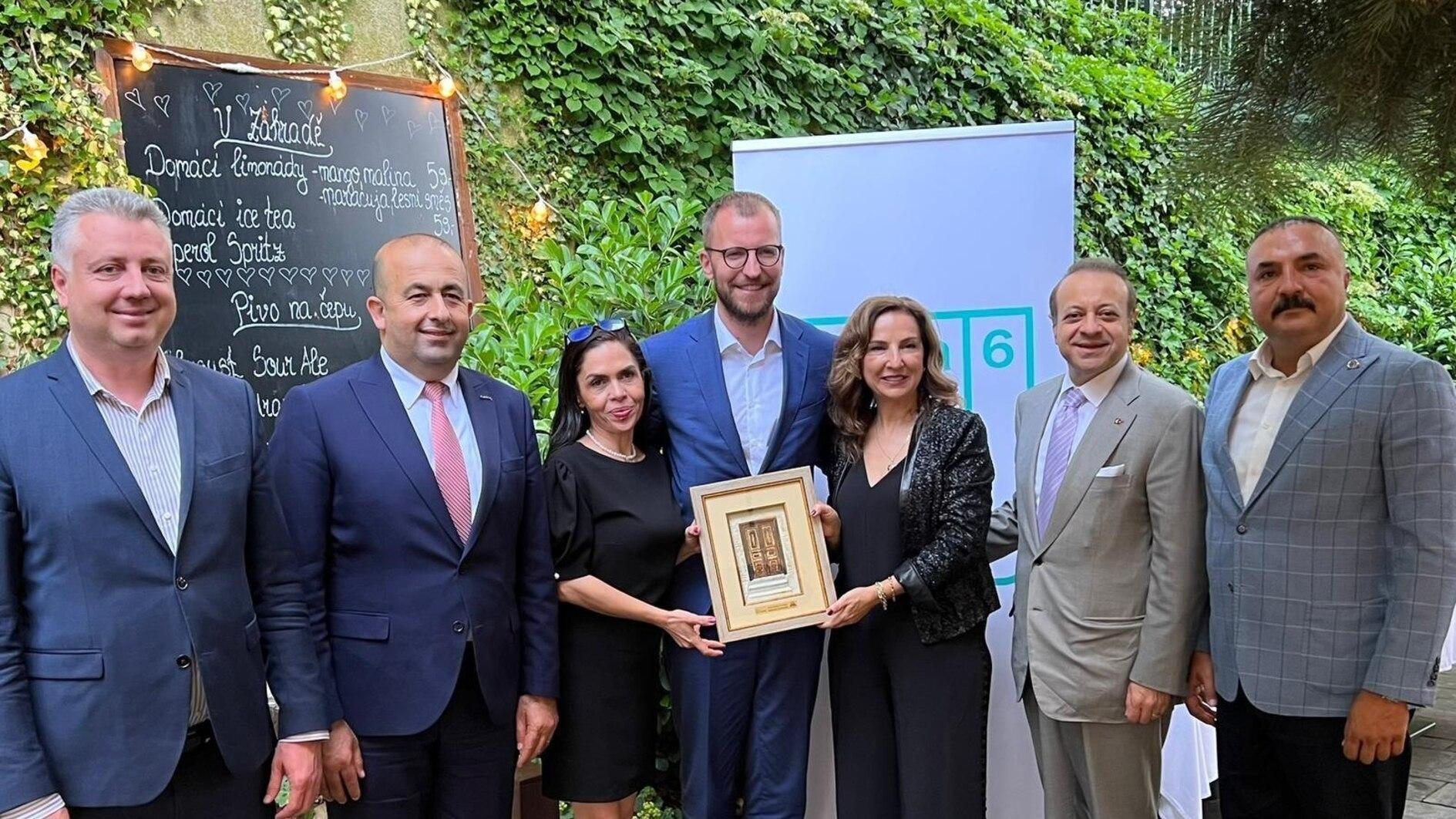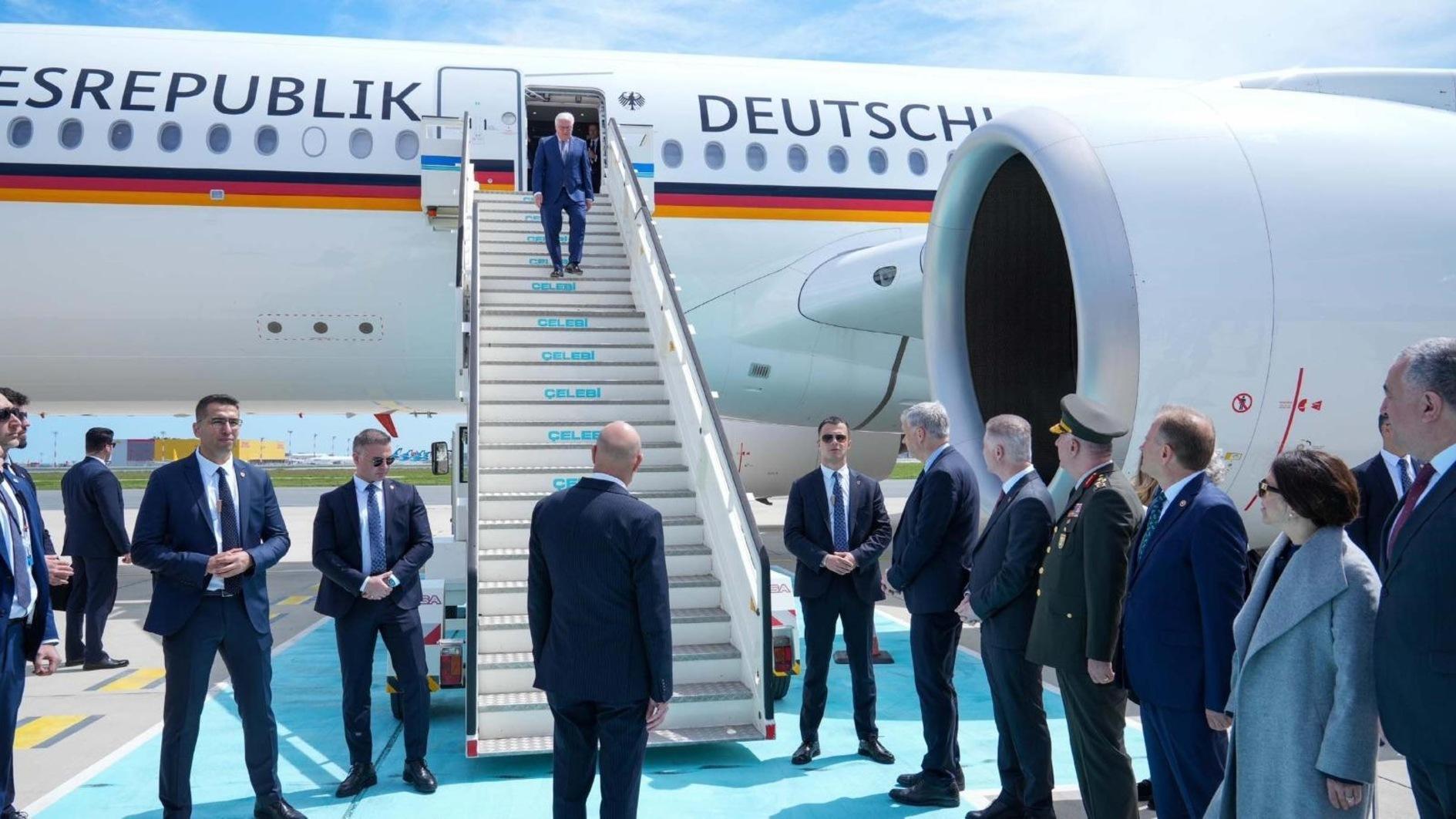Traces of Muhammad Ali Pasha's family at Sakıp Sabancı Museum
ISTANBUL

Sabancı University Sakıp Sabancı Museum (SSM) is hosting an exhibition titled “A Dynasty at the Bosphorus: Traces of the Muhammad Ali Pasha Family at the Atlı Köşk,” featuring a selection of photographs and objects from the family’s past.
The exhibition, which opened on Feb. 17, is organized in connection with the museum’s series of conferences on the life stories and architectural legacy of Muhammad Ali Pasha’s family in Istanbul, as well as their influences on the Ottoman Empire and Turkey’s art and culture.
The guest of the conference series that day was Prince Abbas Hilmi, the grandson of Hıdiv Abbas Hilmi Pasha, who lived from 1899-1980. In his speech, he shared the family photos with the audience and spoke about his memories with the family.
Muhammad Ali Pasha, known in Turkey as Kavalalı Mehmed Ali Paşa, was sent to Egypt first as a military commander and later as a governor. He soon established his complete hegemony over the region and opened a new epoch in its history. He always maintained relations with Istanbul and his descendants followed suit.
“Atlı Köşk” (The Mansion with the Horse), which had been known as Prince Muhammad Ali Hassan Mansion, was designed by the prominent contemporary architect Edoardo De Nari in 1925 with the orders of Prince Muhammad Ali Hassan. It is now home to the Sakıp Sabancı Museum, which is affiliated with Sabancı University. The exhibition at the mansion reflects the daily life and history of its original owners, the members of the Muhammad Ali Pasha dynasty.
Golden age of the family
Photographs and personal belongings of the members of the dynasty of Muhammad Ali Pasha of Egypt are on display in the exhibition. Atlı Köşk, which is a legacy of the same dynasty that once left its mark on Istanbul, has been witness to the family’s golden age.
The family was among the prominent actors of Istanbul’s daily life and cultural environment in the 19th century, a time when tradition and novelty were intermingled. Their influence on social life extended to the years of the republic. The memorabilia has shed a light on the family’s past and has provided a glimpse of the country’s history.
The Muhammad Ali Pasha family have laid the foundations of modern Egypt and have contributed to the transformation of intellectual and cultural spheres in Istanbul, a city with which they have always maintained connections.
They also had close ties with Europe for the purpose of education and politics and travel. Their grandiose lifestyles and keeping up with European fashions had an influence on the Ottoman Court. Muhammad Ali Pasha’s fluency in Turkish and adherence to the Ottoman cultural path also played a role in his influence.
Similarly, members of the Muhammad Ali Pasha dynasty had a significant impact on cultural life with their patronage activities, providing material and moral support to musicians and writers. Muhammad Ali Pasha’s grandson Prince Abbas Halim Pasha also hosted them as guests at receptions held at his summer mansion on Heybeliada (Halki Island).
Photographs of the members of the dynasty have shed light on that century, while a wide array of their personal belongings show how their rule had been reflected in daily life. Household items bearing their insignia and made to order by famous European companies are symbols of their standing as a dynasty. The three stars on the coat of arms of the Khedives represent the family’s rule over Egypt, Darfour and Sudan and a selection ranging from silver trays to silk fabrics gives a glimpse into the lavish lives of the dynasty members.
The exhibition “A Dynasty at the Bosphorus: The Traces of the Muhammad Ali Pasha Family at the Atlı Köşk” will be open until April 29.
The conference series in the museum will continue until June with various speakers and titles. On March 3 at 2 p.m., the museum will host the Ottoman historian and Bahçeşehir University academic Professor Heath Lowry and the Head of the MOHA Research Center in Kavala Anna Missirian.
Lowry will make a speech titled “Remembering One’s Roots: Muhammad Ali Pasha of Egypt’s Links to the Macedonian Town of Kavala,” and Missirian will speak with the title ““Restoration of Muhammad Ali Pasha’s Külliye and House in Kavala and Their Impact on the Social and Cultural Urban Environment.”
















